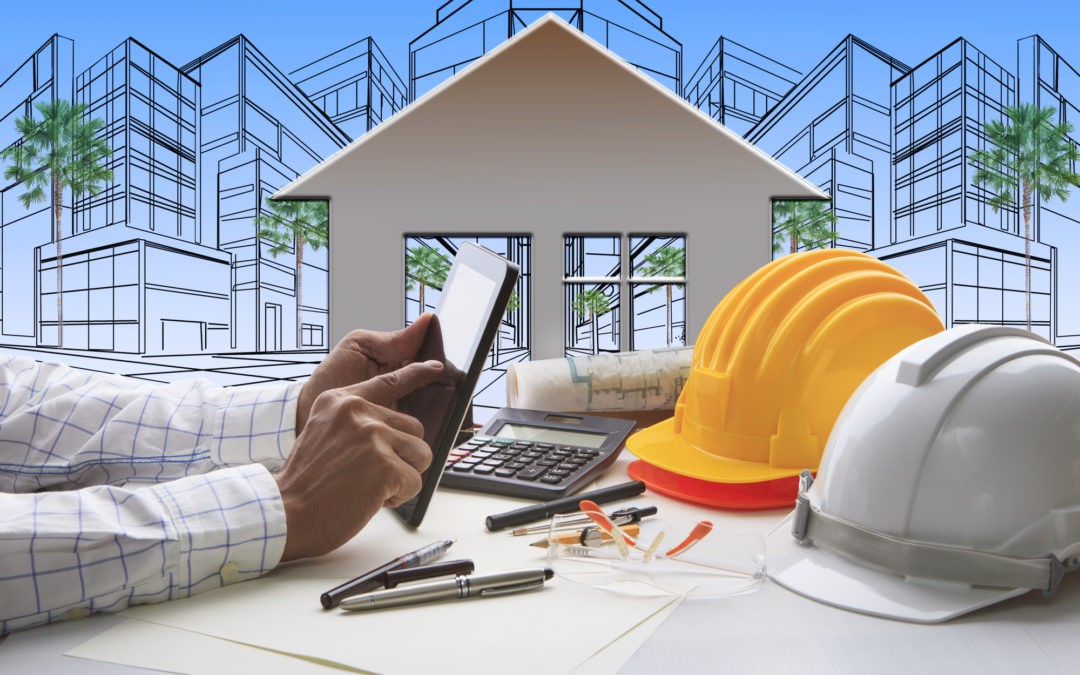Published: Jan. 12, 2025
Last Updated: Jan. 12, 2025

Dubai is known for its iconic skyline, world-class infrastructure, and large-scale real estate projects. From the towering Burj Khalifa to the enormous man-made islands of Palm Jumeirah, the metropolis continues to push the limits of modern architecture and urban development. Understanding the legal framework is critical for organizations and individuals working in Dubai's real estate and construction industries to navigate this volatile market.
The UAE has created a strong regulatory framework to oversee its real estate and construction industries. Key laws include Dubai Property Law No. 7 of 2006, which rules freehold ownership for UAE and non-UAE nationals, and Law No. 27 of 2007, which regulates jointly held properties in Dubai. These rules provide clarity in property ownership, simplify transactions, and protect investors. The Real Estate Regulatory Authority (RERA) is the regulatory agency in charge of regulating all real estate activities and ensuring that they are by applicable laws and regulations.
Construction projects must comply with the Dubai Building Code 2021 and other municipal requirements. These restrictions ensure safety, sustainability, and compliance with international standards. Furthermore, the UAE Civil Transactions Law and Construction Law manage contractual agreements in construction projects, including provisions for design, build, and project delivery processes.
While the legal framework is well-defined, challenges can arise in areas such as:
To handle these complications, you'll need a reliable legal partner. Law firms in Dubai that target real estate and construction offer bespoke solutions for property transactions, contract drafting, and dispute resolution. They also help clients with regulatory compliance, making sure their initiatives fit all local and international legal requirements.
Dubai's real estate and construction sectors remain a pillar of its economic growth, providing several opportunities. With the correct legal counsel, stakeholders may confidently participate in this dynamic market, ensuring that their interests are safeguarded and their projects succeed.


